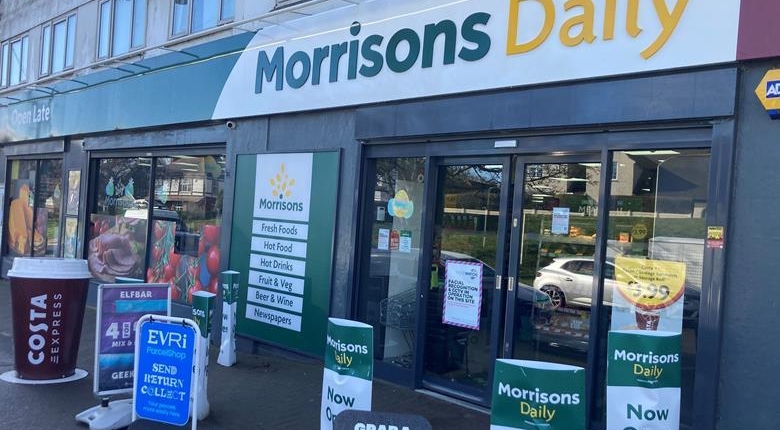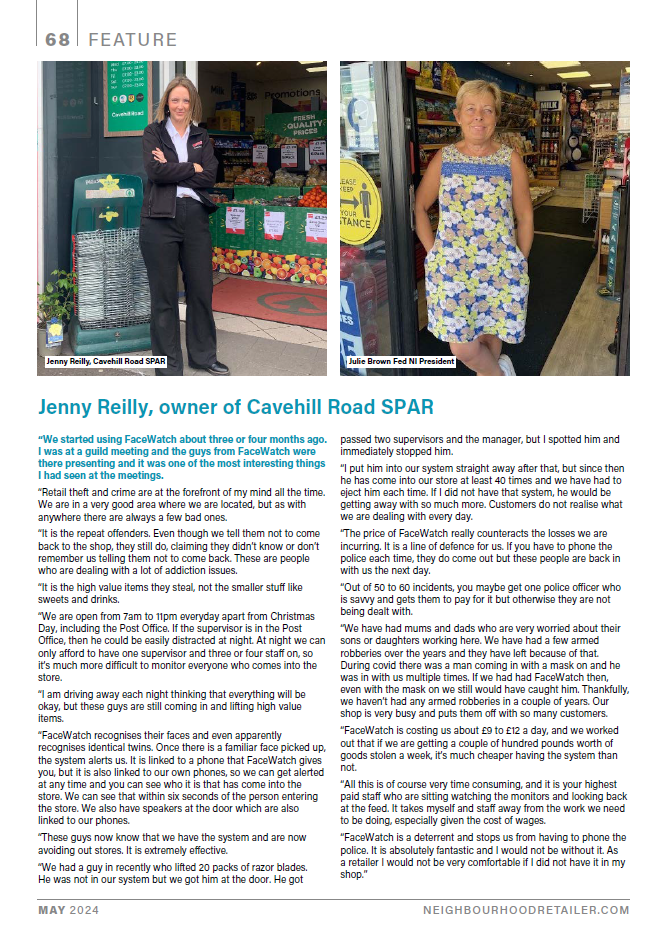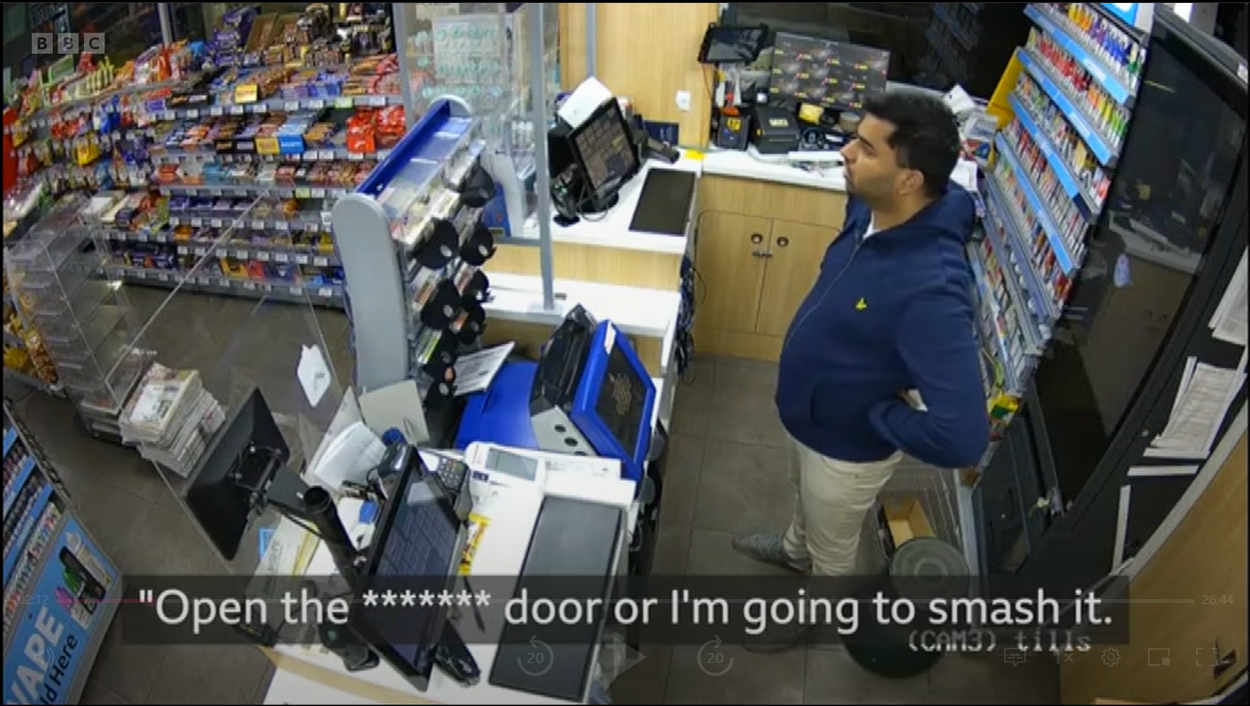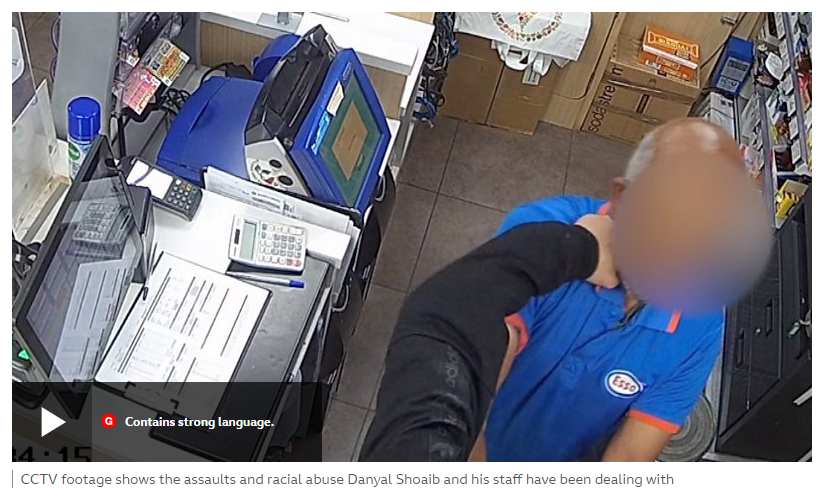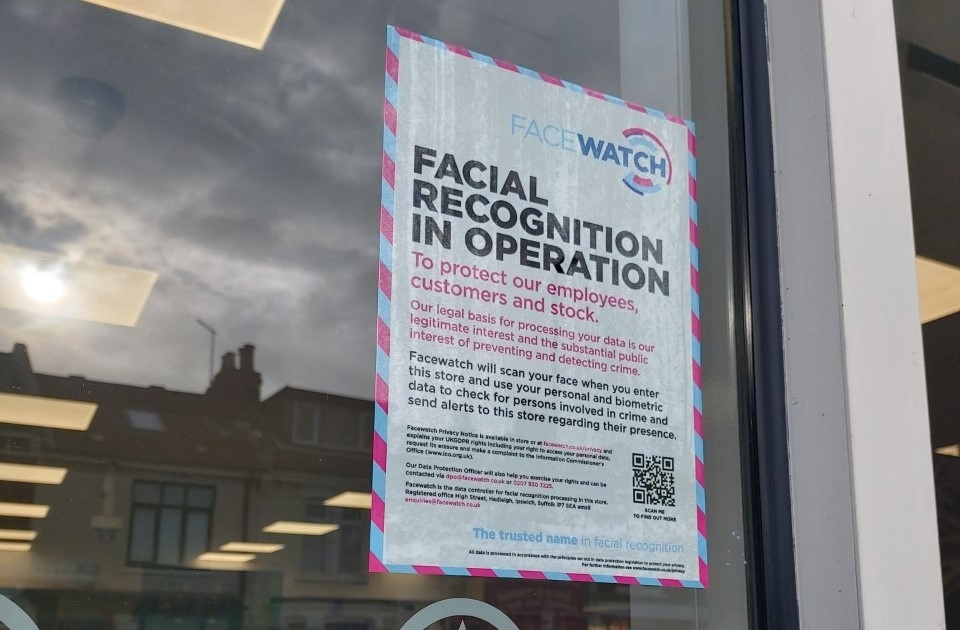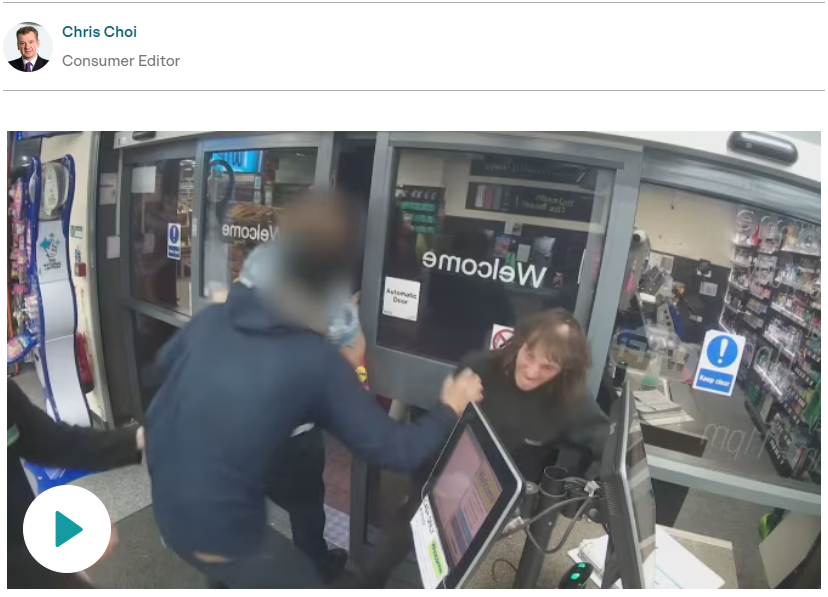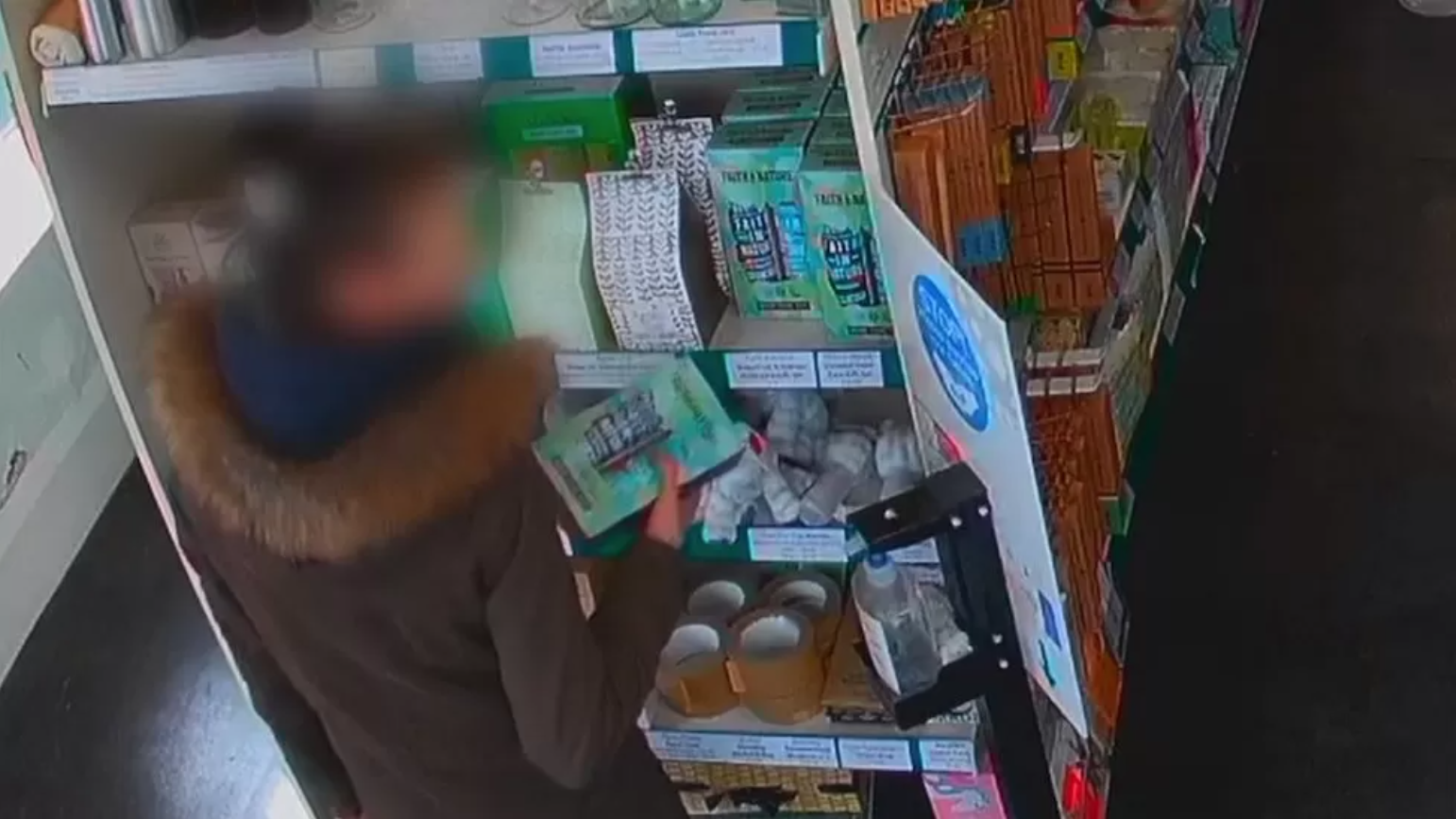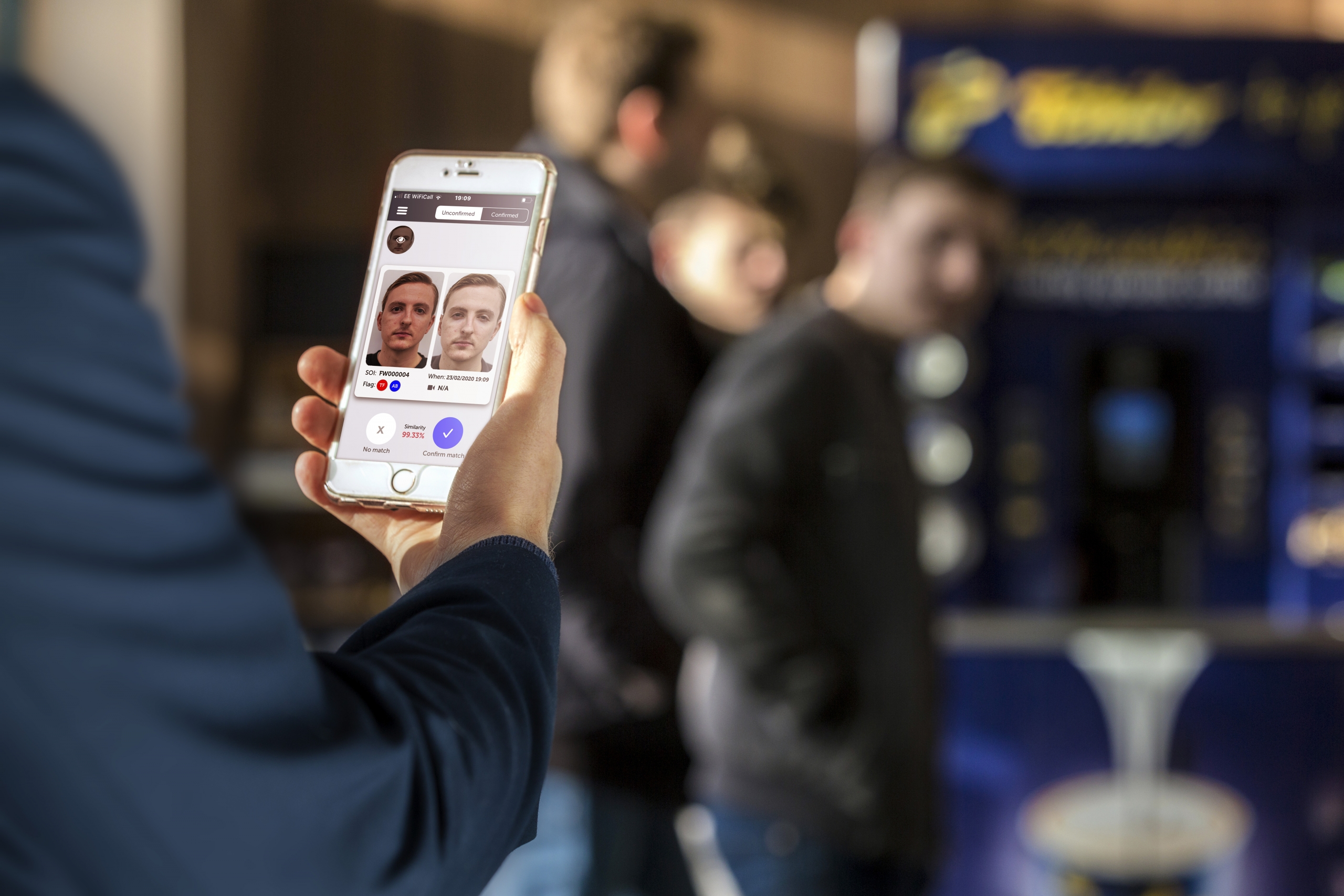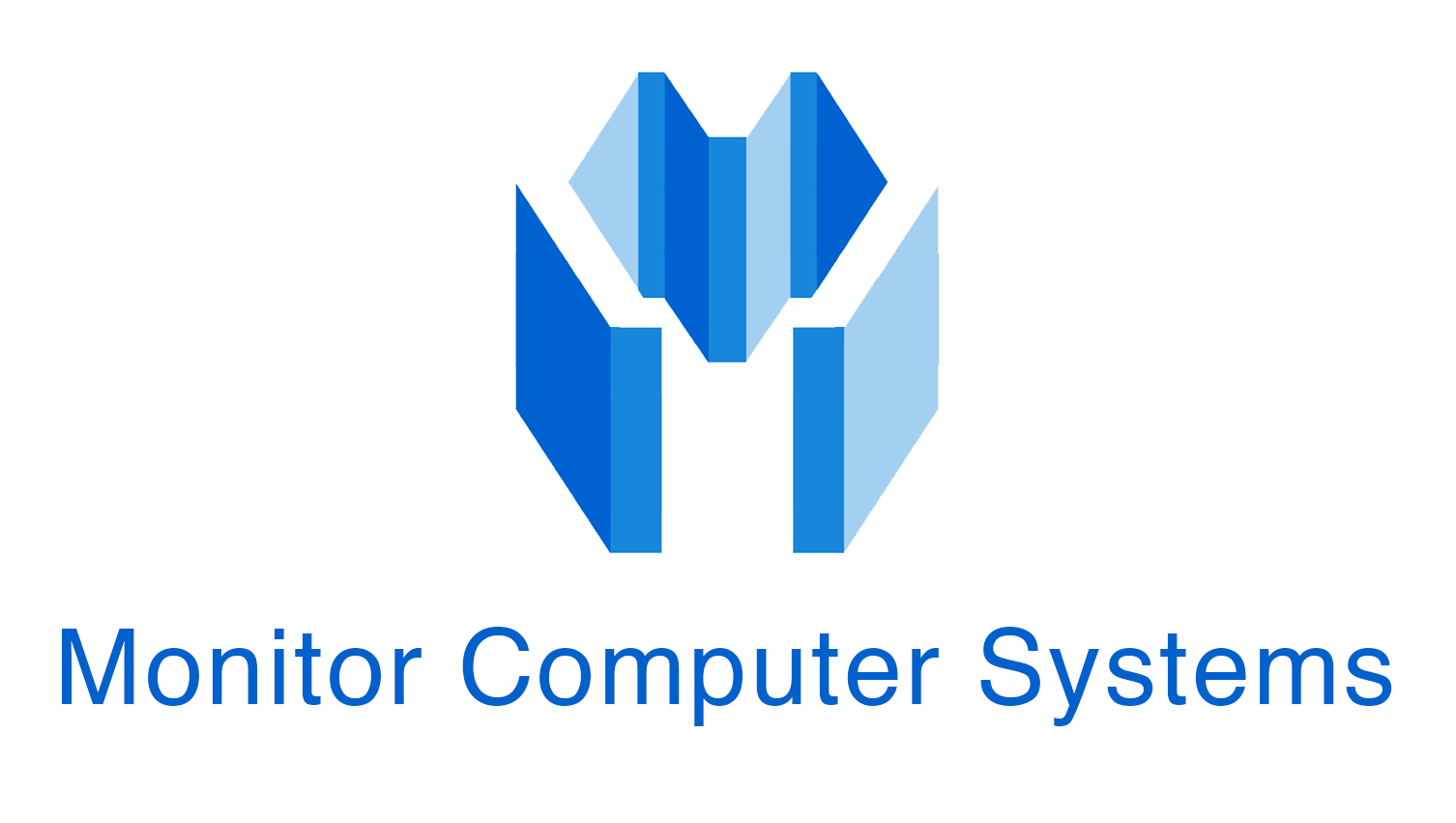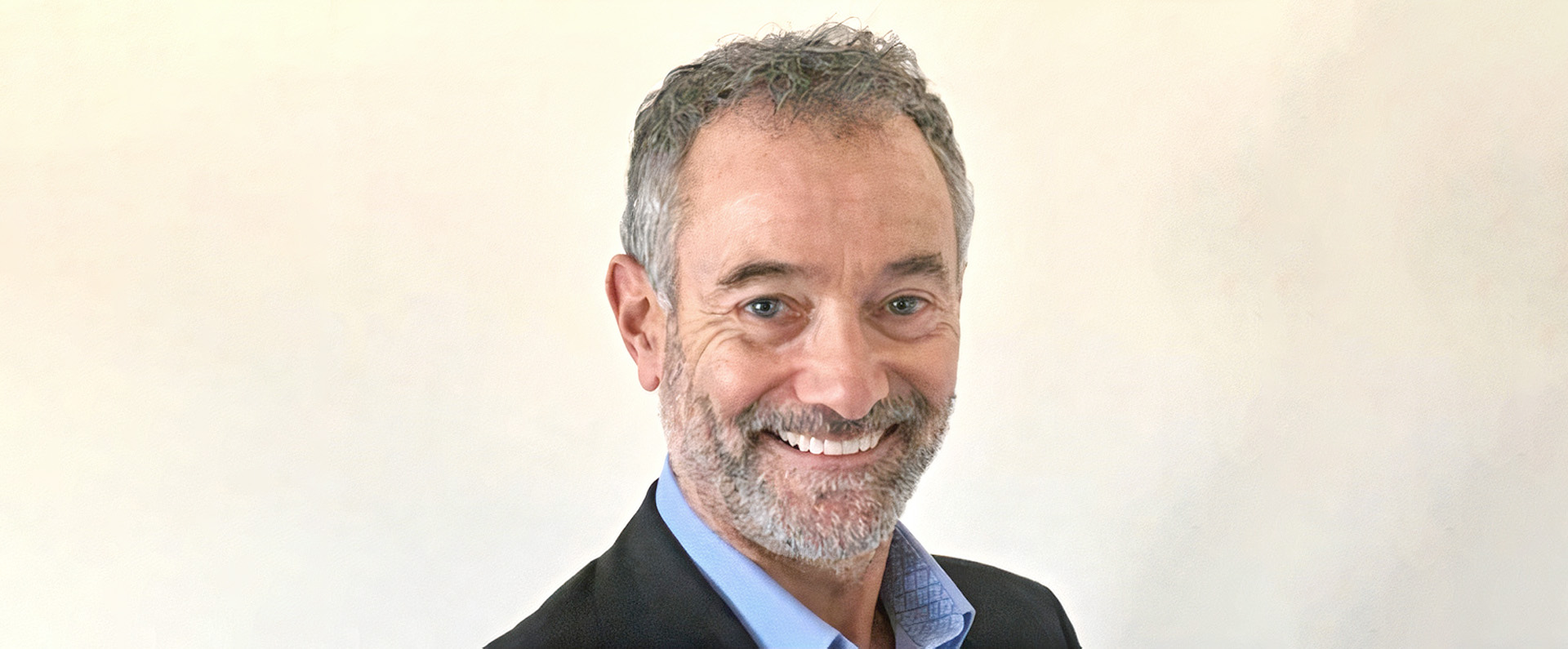
FACEWATCH APPOINT FORMER UK BIOMETRICS COMMISSIONER
Facewatch, the UK’s leading facial recognition retail security company, has appointed former UK Biometrics and Surveillance Camera Commissioner Professor Fraser Sampson to their board of directors.
Facewatch Chairman Nick Fisher said “We are delighted to announce the appointment of Professor Fraser Sampson as a non-executive director to our board.
A highly respected advocate for ethical standards in facial recognition technology, Fraser has a formidable international reputation and brings a breadth and depth of expertise that will be crucial to our future expansion. His appointment is a further demonstration of our commitment to maintaining the highest ethical and legal standards, delivering technological innovation and reinforcing customer confidence.”
Fraser Sampson:
“I am excited to be joining the Facewatch board at such a key moment in the evolution of ethical facial recognition technology. Some of our most established and trusted high street names are calling for better ways to keep their staff and stock safe. Facewatch have a strong track record of providing responsible and responsive security solutions to the retail sector and this was an easy decision – to be part of a company that invites challenge, reflects and reviews. This is how you keep getting better and stay ahead in a dynamic and competitive environment”.
Used by leading UK retailers, Facewatch can be contacted via [email protected].
www.facewatch.co.uk

